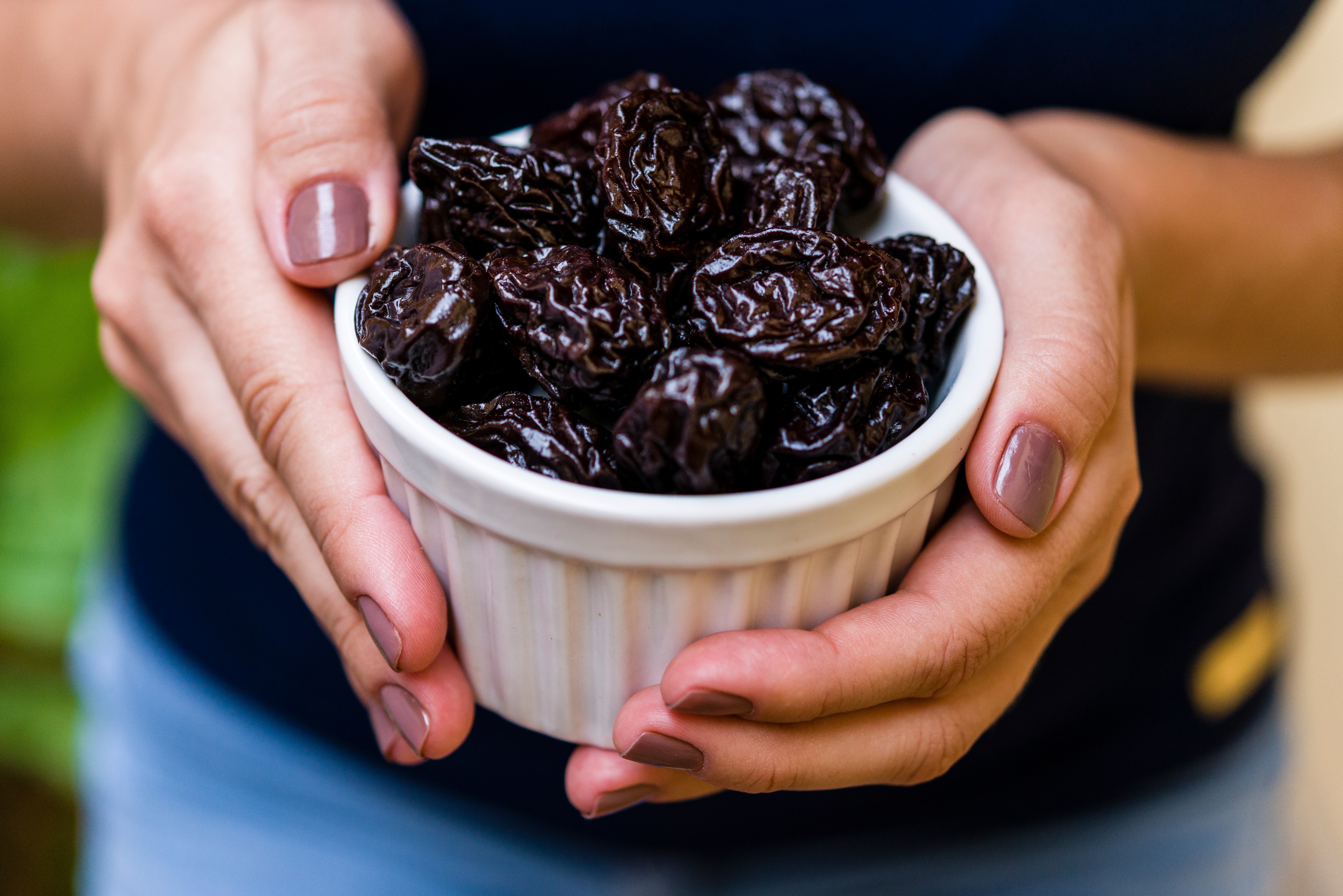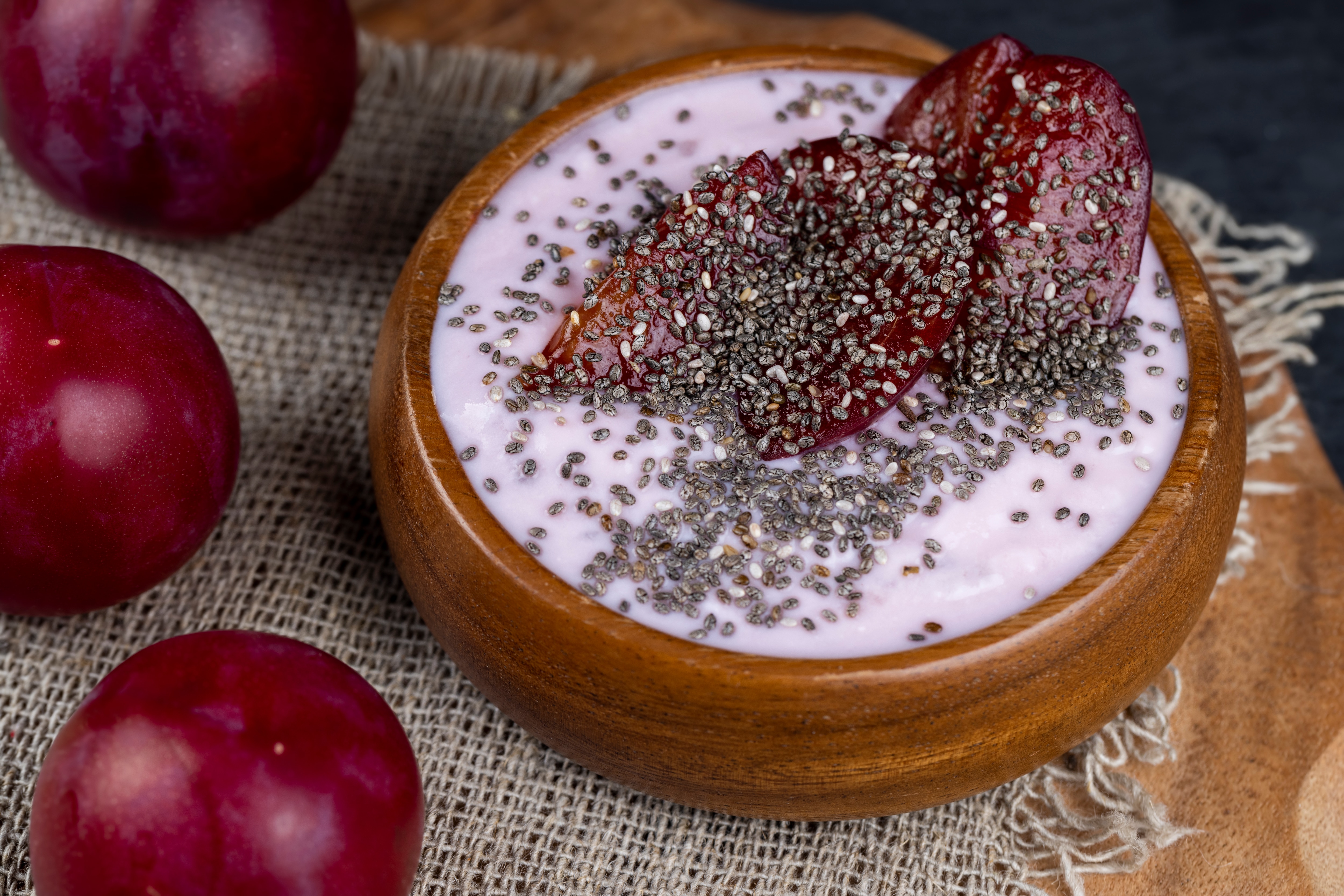
Prunes: The Comeback Snack
Dried plums, commonly known as prunes, have long been valued for their ability to support digestive health. Once associated primarily with older adults, prunes are now gaining popularity as a food with added benefits for people of all ages seeking natural digestive support. Their scientifically recognized benefits, especially their role in maintaining normal bowel function—have led to increasing consumer interest, particularly in the EU, where these properties have been officially acknowledged.**
Why These Bowel-Benefitting Fruits Are Rising in Popularity?
In recent years, prunes have rebranded from a remedy for constipation to a superfood. With growing awareness about gut health, consumers are embracing prunes as a nutrient-rich snack and dietary addition. Their ability to improve digestion, paired with their pleasant natural sweetness, makes them a favorite among health-conscious individuals.
In 2010, the European Food Safety Authority (EFSA) officially recognized that prunes contribute to normal bowel function, strengthening their reputation as a food with added benefits. This recognition sparked renewed interest, leading to an increase in prune-based products like smoothies, energy bars, and even fermented beverages.
How Do Prunes Support Digestive Health?
Prunes offer multiple benefits for gut health, backed by scientific research:
Rich in Dietary Fiber
Prunes contain approximately 7 grams of fiber per 100 grams.1 Their insoluble fiber adds bulk to stools, facilitating regular bowel movements, while their soluble fiber supports beneficial gut bacteria, enhancing microbiota health.
Natural Sorbitol Content
Prunes are one of the few fruits naturally rich in sorbitol, a sugar alcohol that draws water into the intestines, softening stools and aiding smooth passage through the digestive tract.2
Phenolic Compounds for Gut Microbiota
Prunes are packed with polyphenols, which act as prebiotics, nourishing beneficial gut bacteria. Research suggests that these compounds promote microbiota diversity, which plays a role in digestion and immune support.3
Helps Prevent Constipation
Multiple studies have demonstrated that daily consumption of prunes significantly improves stool frequency and consistency.4 This makes prunes a natural alternative to laxatives for maintaining healthy bowel function.
Bone Health & Nutrient Support
Beyond digestion, prunes are a source of key nutrients like potassium, vitamin K, and boron, which contribute to bone health and muscle function. Their antioxidant properties further reduce inflammation, making them valuable for overall well-being.5
Prunes are experiencing a well-earned rise in popularity, moving beyond their traditional use into modern health-conscious diets. Whether eaten alone or incorporated into gut-healthy recipes, prunes offer a natural, scientifically backed way to support digestive health and maintain normal bowel function.
Prune & Chia Bowel-Benefitting Bowl
This delicious, fiber-rich smoothie nourishes gut bacteria and promotes digestion naturally.

Ingredients:
☑️5 dried prunes, pitted
☑️1 tablespoon chia seeds
☑️½ banana (for creaminess)
☑️1 cup unsweetened almond milk
☑️½ teaspoon cinnamon
☑️1 teaspoon honey (optional)
Instructions:
1️. Soak prunes and chia seeds in almond milk for 10 minutes to soften.
2️. Blend all ingredients until smooth.
3️. Pour into a bowl or glass and enjoy immediately. Top with chia seeds if desired for added texture.
Content by generative AI is provided for informational purposes only and should not be construed as professional advice. Users should exercise discretion and judgment when relying on the information presented. Content does not reflect the opinions or views of Garden of Life®.
*EFSA Panel on Dietetic Products, Nutrition and Allergies (NDA): Scientific Opinion on the substantiation of health claims related to dried plums of ‘prune’ cultivars (Prunus domestica L.) and maintenance of normal bowel function (ID 1164, further assessment) pursuant to Article 13(1) of Regulation (EC) No 1924/2006. EFSA Journal 2012;10(6):2712.
1. Stacewicz-Sapuntzakis M. Dried plums and their products: composition and health effects--an updated review. Crit Rev Food Sci Nutr. 2013;53(12):1277-302
2. Stacewicz-Sapuntzakis M, Bowen PE, Hussain EA, Damayanti-Wood BI, Farnsworth NR. Chemical composition and potential health effects of prunes: a functional food? Crit Rev Food Sci Nutr. 2001 May;41(4):251-86. doi: 10.1080/20014091091814. PMID: 11401245.
3. Simpson AMR, De Souza MJ, Damani J, Rogers C, Williams NI, Weaver C, Ferruzzi MG, Chadwick-Corbin S, Nakatsu CH. Prune supplementation for 12 months alters the gut microbiome in postmenopausal women. Food Funct. 2022 Nov 28;13(23):12316-12329. doi: 10.1039/d2fo02273g. PMID: 36350082
4. Lever E, Cole J, Scott SM, Emery PW, Whelan K. Systematic review: the effect of prunes on gastrointestinal function. Aliment Pharmacol Ther. 2014 Oct;40(7):750-8.
5. Damani JJ, De Souza MJ, VanEvery HL, Strock NCA, Rogers CJ. The Role of Prunes in Modulating Inflammatory Pathways to Improve Bone Health in Postmenopausal Women. Adv Nutr. 2022 Oct 2;13(5):1476-1492